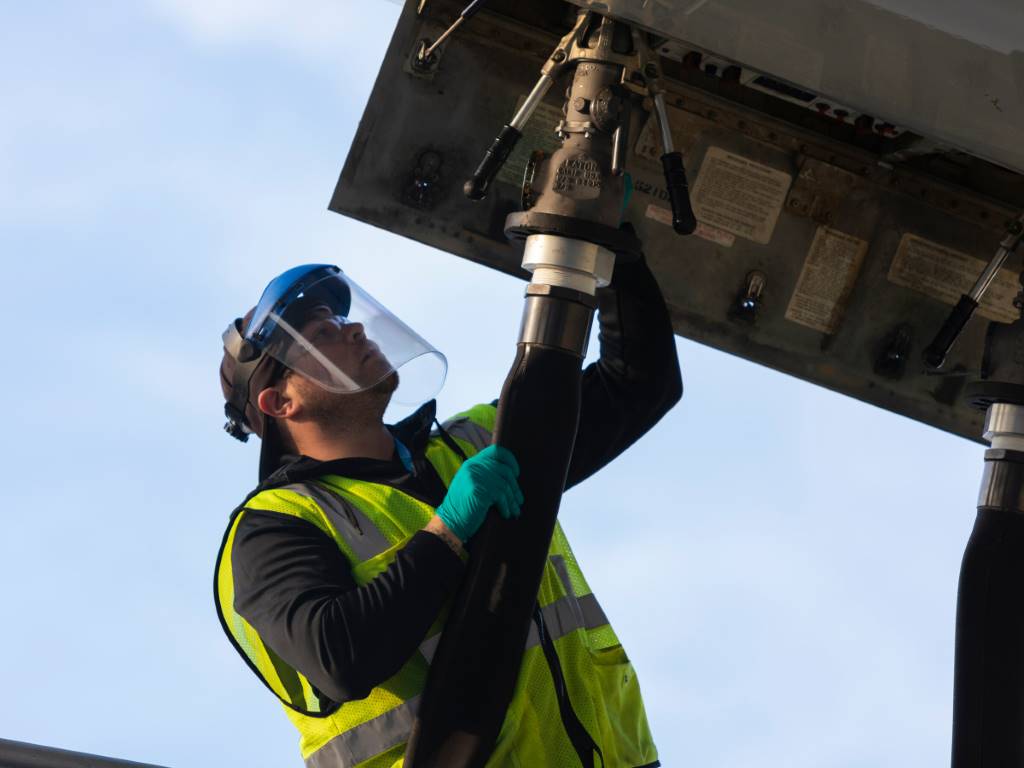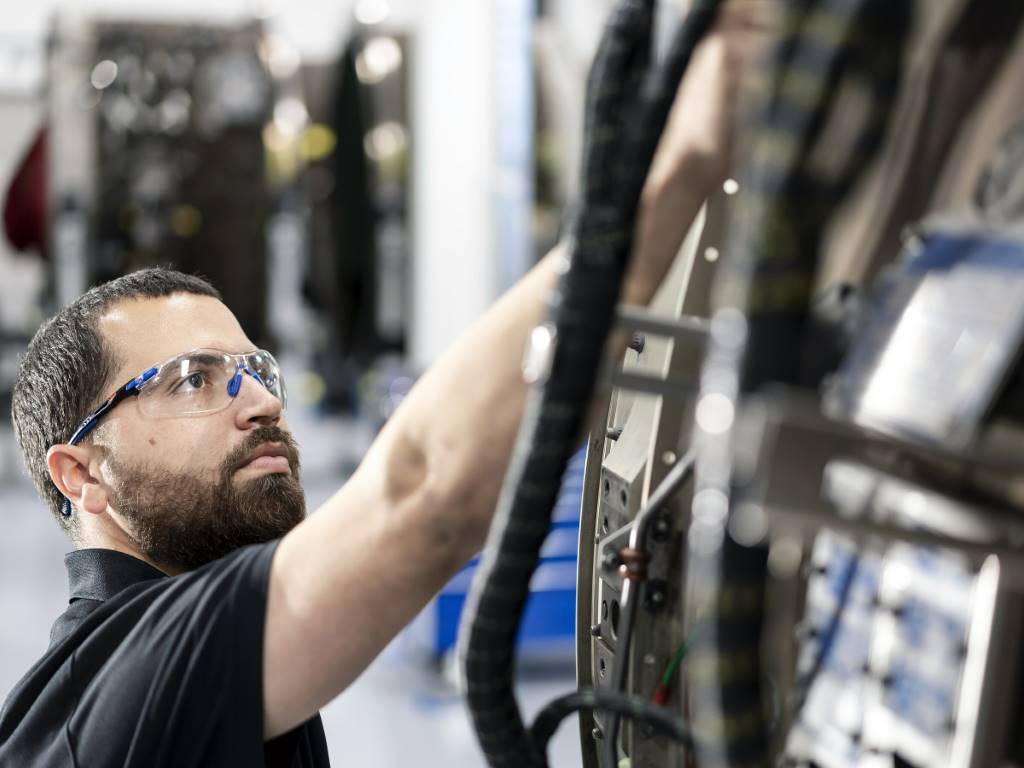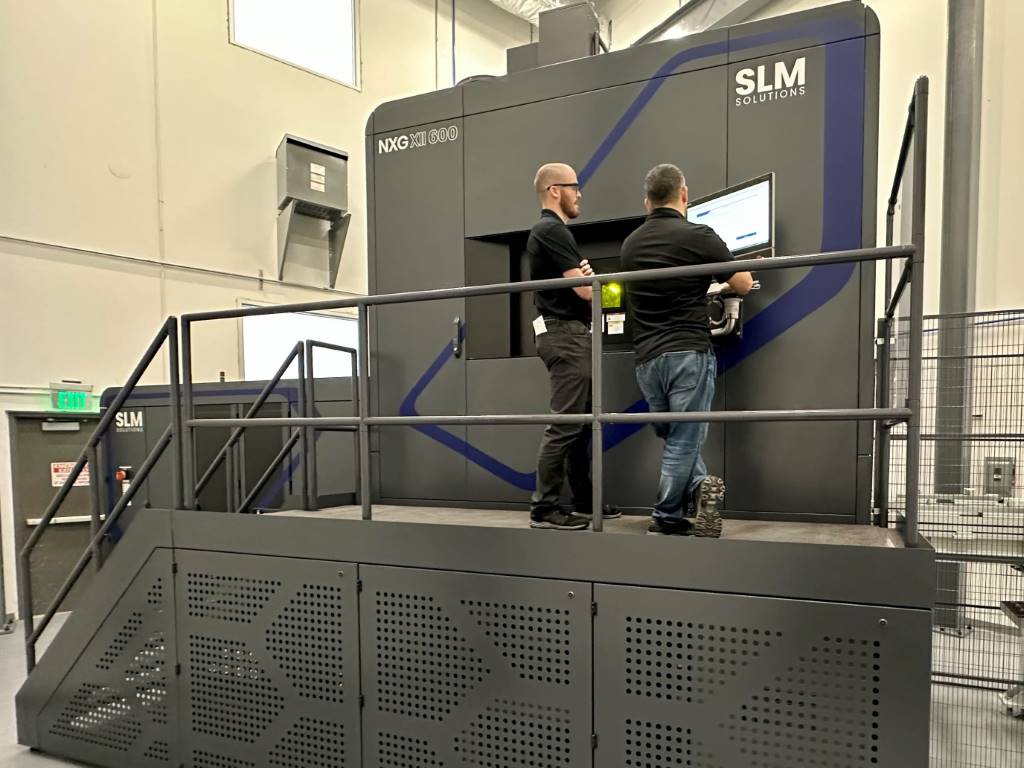Deutsche Aircraft all set to accelerate zero emissions aircraft

Deutsche Aircraft, the new purpose-driven German aircraft OEM, today unveiled plans to develop the D328eco, said to be a game-changing platform that will align the future of aviation towards a zero-emission flight objective.
Deutsche Aircraft, the new purpose-driven German aircraft OEM, today unveiled plans to develop the D328eco, said to be a game-changing platform that will align the future of aviation towards a zero-emission flight objective.
Deutsche Aircraft is built on the heritage and expertise of 328 Support Services, the Type certificate holder of the Dornier 328 aircraft (D328). Together with participation of the German Government, Deutsche Aircraft will lead the way in a new era of clean aviation through the development of the D328eco platform, a more efficient, cost-effective and environmentally friendly aircraft.
The D328eco will offer an alternative, eco-efficient solution within the sub-50-seat regional commuter and multi-role aircraft markets, which the OEM plans to introduce by 2025. State-of-the-art flight deck design and capabilities offered by the latest avionics’ suite will target future single pilot operation for greater operational efficiency. Pratt & Whitney PW127S engines and a SAF (Sustainable Aviation Fuel) compatible airframe, set the stage for the D328eco to change the way the world flies while reducing our carbon footprint. The stand-up and new cabin design will offer increased comfort and compliance with the latest health and safety requirements.
The D328 is the only existing platform fulfilling the efficiency and performance requirements for a modern and more sustainable aircraft. Combined with new, protected and energy-efficient technologies, it will pave the way to zero emission flight within the next 15 years – much faster than any other OEM – outpacing 2050 international guidelines.
In line with Deutsche Aircraft’s sustainability objectives, REACH compliant manufacturing processes will be adopted in a new state-of-the-art, Industry 4.0, paperless Final Assembly Line (FAL) in Leipzig, Germany. The project is anticipated to boost local economies throughout its supply chain, in addition to generating indirect jobs in supporting industries.
Thomas Jarzombek, Federal Government Coordinator of German Aerospace Policy stated: “The coronavirus pandemic has had an immediate and very serious impact on aviation and the aviation industry. It is therefore an excellent sign that – despite the crisis – work is going on full steam ahead on the D328eco. The federal government has supported the project right from the start and will continue to do so. A few weeks ago, the second tranche of our development cost loan was disbursed. The federal government is also funding the D328 via its ‘LuFo’ aviation research programme in order to turn the zero-carbon vision for aircraft into reality.
Deutsche Aircraft anticipates that travelling habits and demands on airlines will change. Traditional large-scale hub and spoke operations will be restructured as the demand for short-haul, point-to-point, low-emission transport grows. Airlines will resize their fleets to accommodate smaller, more efficient and more eco-friendly aircraft, and seek to open underserved routes with direct services through “right sizing” operations.
The D328eco provides the perfect solution for this industry evolution, providing both economic and environmental benefits. The D328eco programme will achieve the goal of providing easy access to affordable, energy-efficient and cost-effective environmentally friendly aircraft. Generating minimal environmental impact along the way, the D328eco will stimulate sustainable economic and social growth.
Dave Jackson, Managing Director of DRA commented: “As we mark the UN’s International Civil Aviation Day we look to the future of aviation and the need to innovate today. The Covid crisis has dramatically impacted the industry forever and our planet faces major challenges of which we are already starting to experience the impact. But as we plan to rebuild the sector, we can recalibrate and refocus on developing new products and processes that are much more environmentally friendly.
“The Deutsche Aircraft team is driven and passionate with a unique combination of expertise and skill in engineering excellence, including new senior management appointments from major OEMs and key players within the aviation industry. Our proven capabilities and protected technology have the potential to dramatically change the industry in the short term, by offering alternative aircraft products in line with future expectations.
“Our mission is to accelerate aviation’s transition to zero emission aircraft. The D328eco is the only existing platform capable of fulfilling efficiency and performance requirements for modern green aircraft now, eventually supporting the industry’s green transition.
“As we emerge from the Covid crisis, the short haul regional market will be the first to recover and the D328eco will provide an opportunity for airlines to rebuild in a more sustainable way.”













